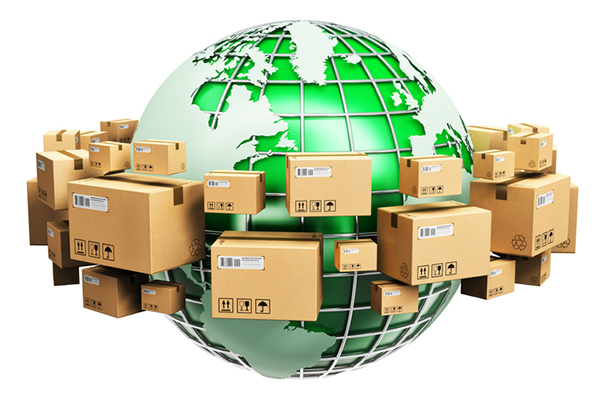The Supply Chain Sustainability (SCS) report published by MIT and sponsored in part by KPMG is the second annual global survey of its kind, and it echoes many of the perceptions KPMG has analyzed, based on years of client interactions.
The report’s authors had expected COVID-19 might dampen companies’ enthusiasm for investing in SCS, but the latest survey shows the opposite occurred.
Far from diverting attention from sustainability goals, the pandemic has accelerated the movement of companies along a road toward greater transparency and more accountability.
Eighty-two percent of respondents said their firm’s commitment to SCS had either increased or stayed the same since the start of the pandemic. Interest in human rights protection, workers’ welfare and renewable energy increased significantly over the past year.
Brian Higgins, U.S. Supply Chain & Operations Practice Leader at KPMG, told SCMR that no longer is SCS thought of merely as the cost of doing business.
“Increased scrutiny from investors and customers in ESG areas will drive corporate strategy, and leadership should recognize that SCS is foundational to the transformation of the enterprise as a whole,” he says.
In an exclusive interview, he shared a couple of other insights:
SCMR: Were there any surprises in this study?
Higgins: “The findings indicate that supply chain executives may be struggling to put in place what should be foundational practices such as extended supply chain visibility and basic mapping of their supply chain. These practices are not only helpful for managing supply chain sustainability efforts – they have the potential to help companies optimize supply chain strategy and realize bigger business benefits. As the supply chain sustainability agenda continues to be elevated, we hope to see companies taking more systematic action to address visibility and the supply chain mapping.” [Source: Figure 14 of the report]
SCMR: What would you like to see in the next study?
Higgins: “I’d like the next study to do a deeper dive on supply base relationships. If you think about the broader dynamics of supply chain and the complexities that we’re now trying to manage in the supply chain world, having access to partner data and insights is going to be key to achieving supply chain sustainability goals. Today, companies need to have different relationships with their supply base and potentially make decisions about partners based on the data and insights they can share, which will likely lead to a trend of greater supply base stability in the near future.”

SC
MR


Latest Supply Chain News
- Retail sales see gains in October, reports Commerce and NRF
- Balancing green and speed: Home delivery insights from the pandemic era
- AdventHealth named top healthcare supply chain by Gartner
- Geopolitical readiness in supply chains: Strategic challenges for leaders
- Unlocking retention: The role employee engagement plays
- More News
Latest Podcast

 Explore
Explore
Business Management News
- Retail sales see gains in October, reports Commerce and NRF
- Balancing green and speed: Home delivery insights from the pandemic era
- AdventHealth named top healthcare supply chain by Gartner
- Unlocking retention: The role employee engagement plays
- Can supply chain managers embrace an entrepreneurial mindset?
- Challenges to ESG reporting
- More Business Management
Latest Business Management Resources

Subscribe

Supply Chain Management Review delivers the best industry content.

Editors’ Picks





